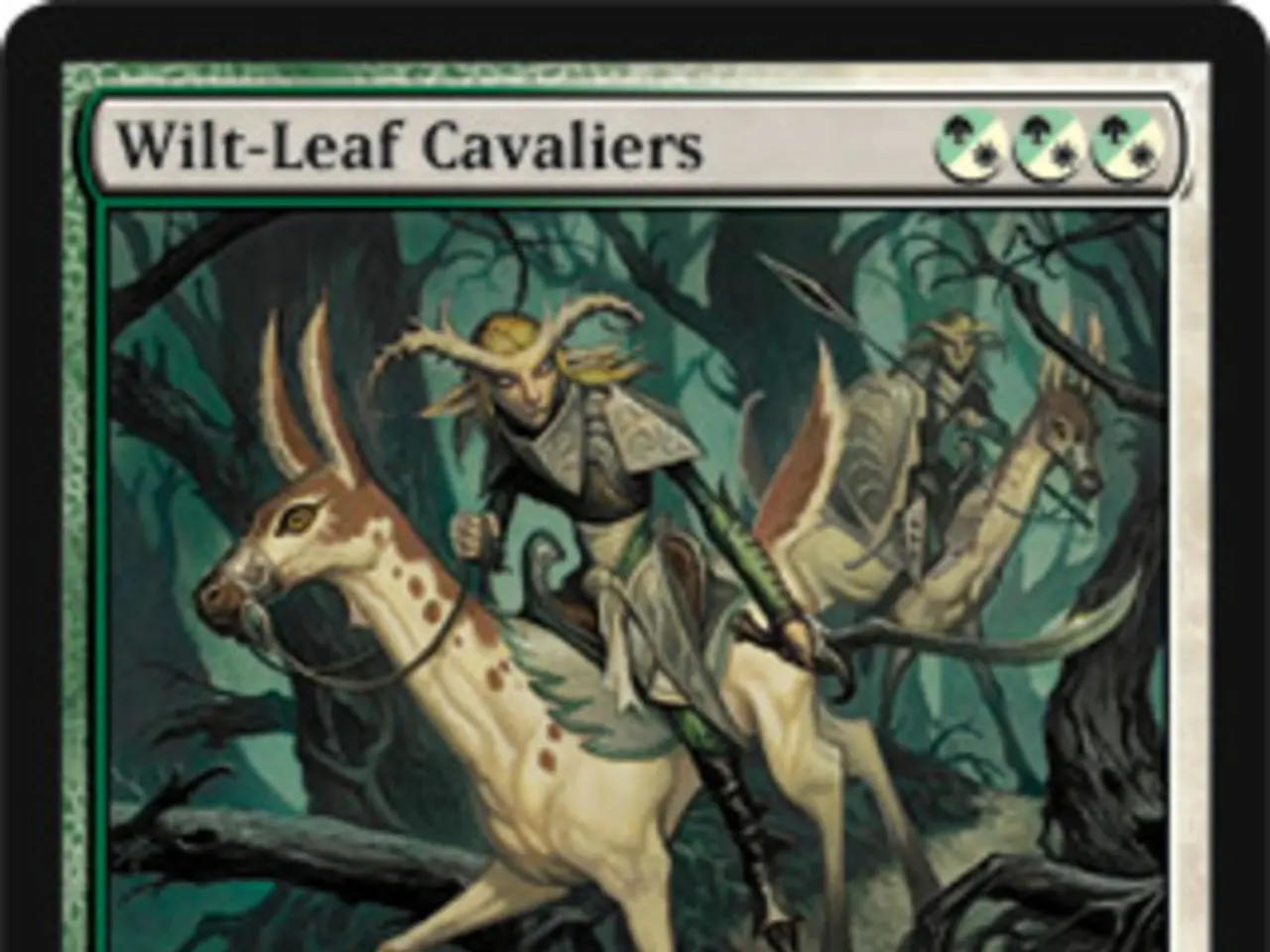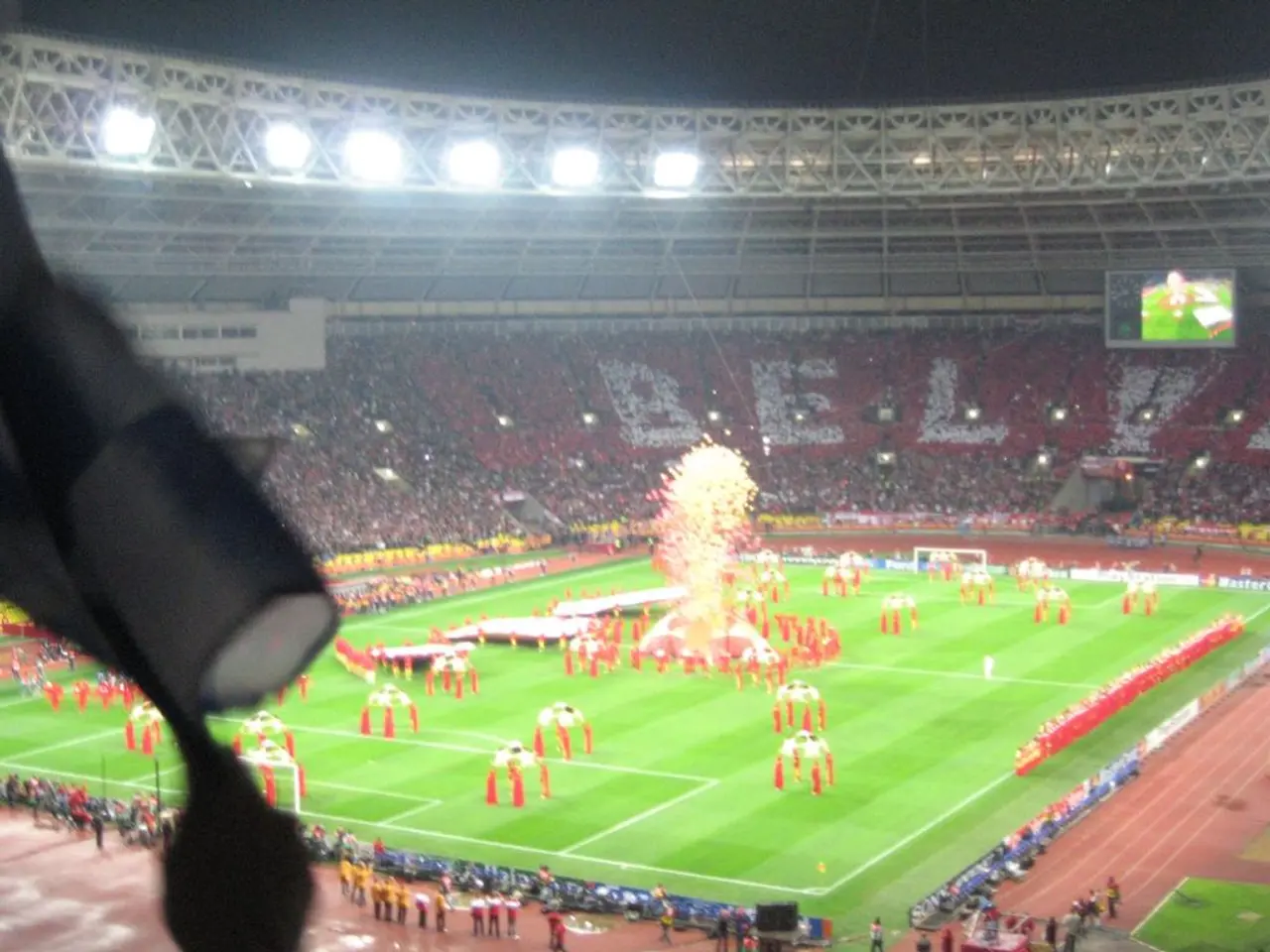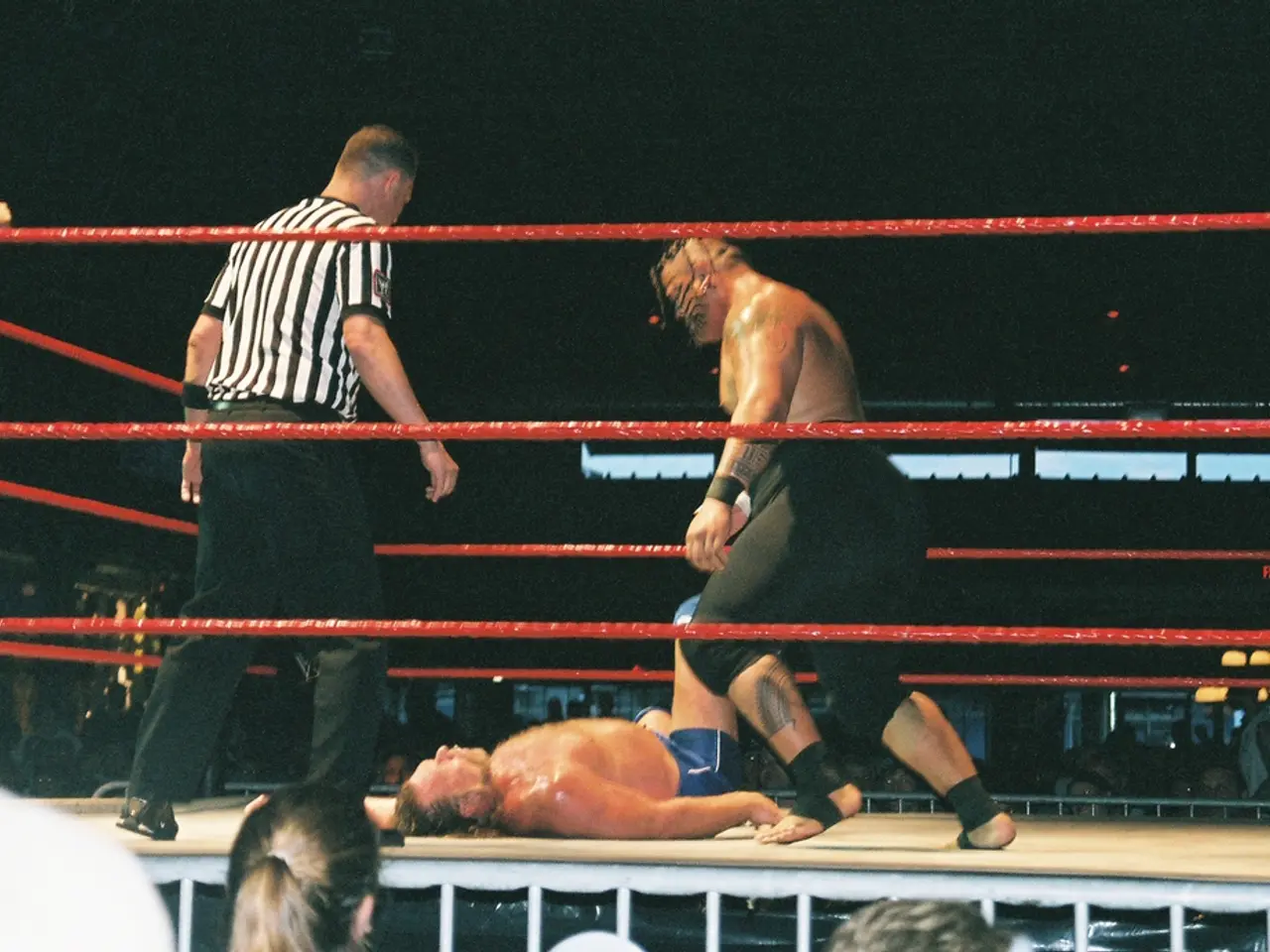Insights Gleaned from a Mentor of Remarkable Thoroughbred Jockeys
In the world of Thoroughbred racing, few names resonate as profoundly as that of D. Wayne Lukas. Known for his innovative approach and transformative impact, Lukas' key training principles have left an indelible mark on the sport.
Born and bred in Missouri, Lukas' passion for horses was evident from the start. His horses were conditioned from birth, with training considered an ongoing, everyday process. This dedication to the craft was reflected in his career, which spanned over five decades and saw him train 23 world champions.
Lukas' training approach was unique and systematized, similar to the management of a successful sports team, such as the New England Patriots. He pioneered the strategy of maintaining full racing stables in multiple regions simultaneously, a move that allowed him to compete at the highest level nationwide and keep horses racing year-round in optimal conditions.
Employing a team of talented assistants, many of whom became successful trainers themselves, was another cornerstone of Lukas' philosophy. His training philosophy included teaching and coaching others, emphasizing heart, grace, and grit. This mentorship-driven coaching style, much like a sports coach, was instrumental in shaping the next generation of horse trainers.
Lukas' operation was marked by the sheer volume of horses trained and raced, allowing for continual participation in major races. His relentless ambition and tireless work ethic transformed the sport, resulting in 15 classic wins and 20 Breeders’ Cup victories. This intensity created a winning culture and harnessed maximum opportunities for success.
However, Lukas' methods were not without controversy. Criticism arose over the attrition rate of his horses due to his aggressive training and racing methods. Yet, Lukas remained dedicated until the end of his career, exemplifying resilience and commitment to excellence.
D. Wayne Lukas was an avid learner, constantly seeking to improve himself. He was a pioneer in data-based learning, using feedback to refine and innovate horse training. His motto was "What have you done today to improve yourself?" reflecting his commitment to lifelong learning.
Lukas' horses won nearly 5,000 races and earned over $300 million. His nurturing of personal pride in his horses, encouraging them to feel confident, was a key factor in their success. Among his many accolades, Lukas won four Kentucky Derbies, seven Preakness Stakes, and four Belmont Stakes.
As he approached his 90th birthday, D. Wayne Lukas remained a towering figure in the world of horse racing. His deep respect and passion for horses, coupled with his innovative training methods, made him a lasting legend in the sport. His influence continues to be felt today, as his students carry on his legacy and push the boundaries of what is possible in Thoroughbred racing.
[1] "D. Wayne Lukas Biography." Horse Racing Nation, 2023, www.horseracingnation.com/trainers/d-wayne-lukas/biography. [2] "D. Wayne Lukas: A Racing Legacy." Bloodhorse, 2023, www.bloodhorse.com/horse-racing/articles/267235/d-wayne-lukas-a-racing-legacy. [3] "D. Wayne Lukas: A Champion Trainer." ESPN, 2023, www.espn.com/horse-racing/story/_/id/36346558/d-wayne-lukas-champion-trainer. [4] "D. Wayne Lukas: The Man Behind the Myth." Thoroughbred Daily News, 2023, www.thoroughbreddailynews.com/d-wayne-lukas-the-man-behind-the-myth. [5] "D. Wayne Lukas: A Tribute." USA Today, 2023, www.usatoday.com/story/sports/columnist/forde/2023/06/28/d-wayne-lukas-tribute-thoroughbred-racing-legend/7288890002.
Sports enthusiasts, particularly those interested in horse racing, may find Wayne Lukas' mentorship and guidance in racing valuable, just as sports coaches mentor athletes. Lukas' unique systematized approach to horse training, reminiscent of managing a successful sports team, could also be likened to the strategies employed in sports-betting, where winning often requires careful analysis and a strategic approach.








